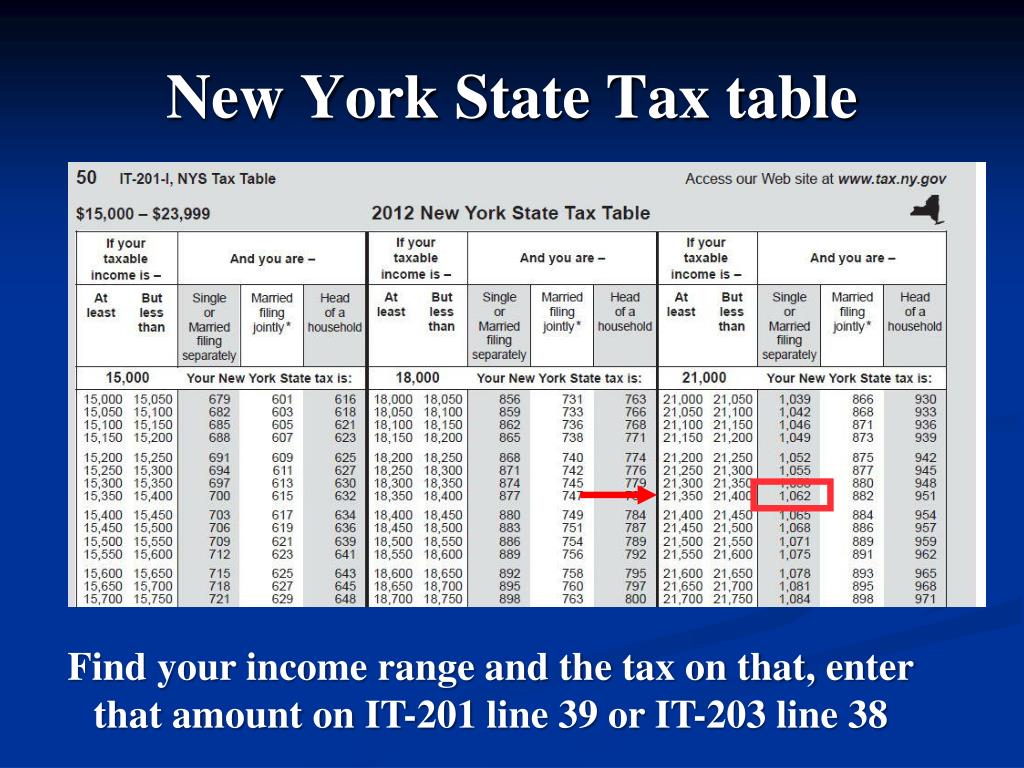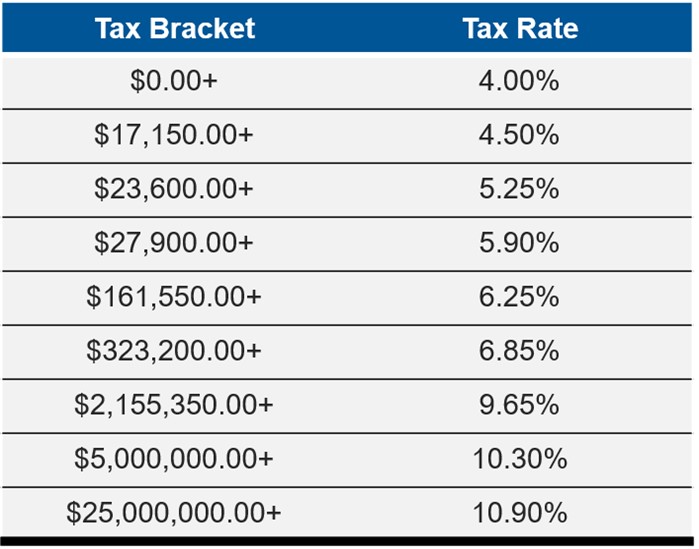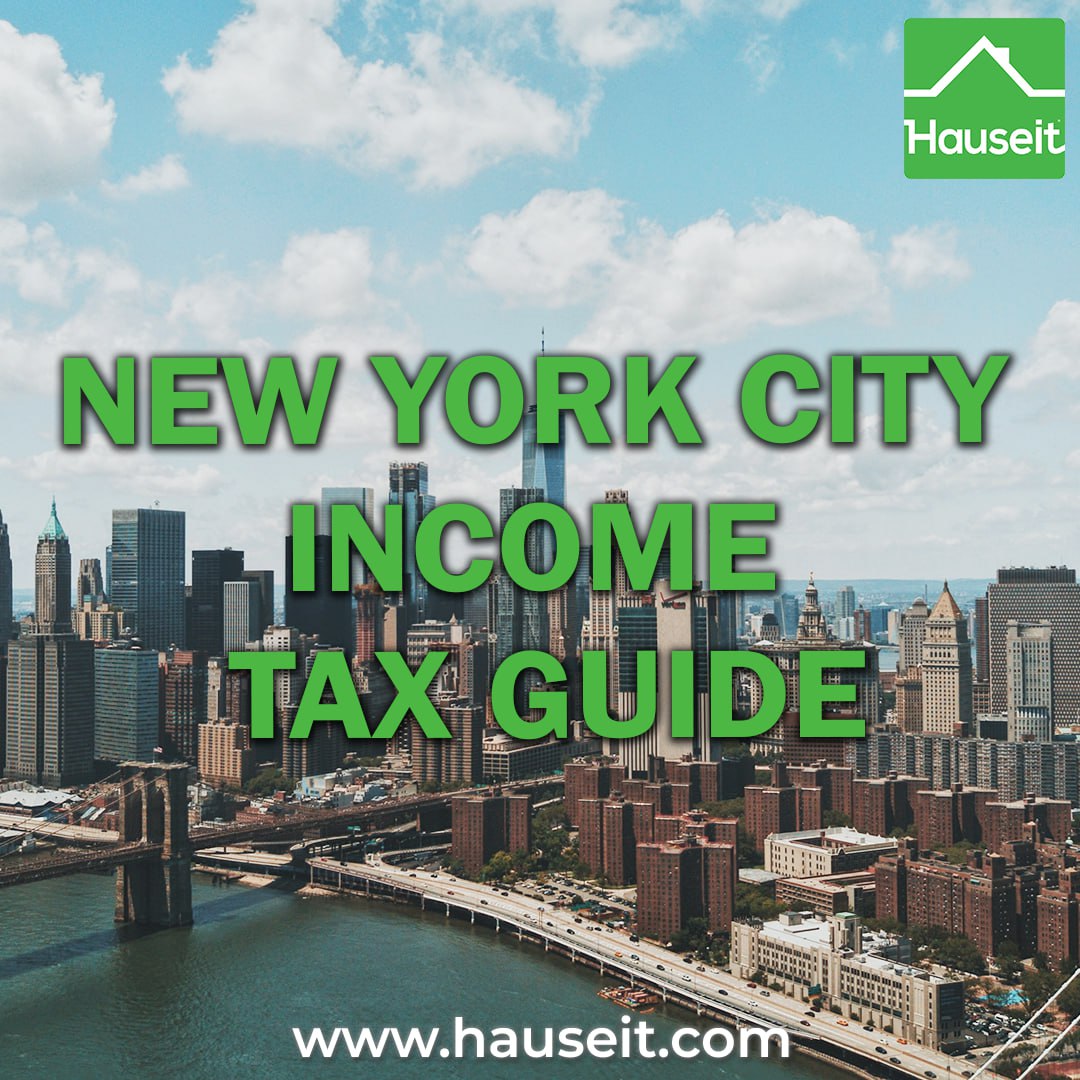Taxes in NYC can feel overwhelming, but they don’t have to be. The Big Apple is known for its vibrant culture, bustling streets, and world-class attractions. However, navigating the city’s tax system requires a solid understanding of local, state, and federal obligations. Whether you’re a resident, business owner, or someone new to the city, understanding taxes in NYC is crucial for financial success and compliance. With a mix of income taxes, sales taxes, property taxes, and more, it’s essential to know what you owe and when to pay it. This guide breaks down everything you need to know to simplify your tax responsibilities and avoid costly mistakes.
New York City’s tax landscape is as diverse as its population. From the city’s unique municipal income tax to its high property tax rates, residents and businesses face a variety of financial obligations. For individuals, understanding the differences between state and city taxes is critical. Meanwhile, businesses must navigate additional complexities like corporate taxes, payroll taxes, and industry-specific regulations. Staying informed and proactive is the key to minimizing your tax burden while maximizing your savings.
As we delve deeper into this topic, you’ll discover practical tips, expert advice, and actionable strategies to help you master taxes in NYC. Whether you’re a seasoned taxpayer or a newcomer, this guide will equip you with the knowledge and tools you need to stay compliant, save money, and thrive in one of the world’s most dynamic cities. Let’s get started!
Read also:Taron Egertons Brother A Comprehensive Look Into His Life And Influence
Table of Contents
- 1. What Are the Main Types of Taxes in NYC?
- 2. How Do Income Taxes Work in NYC?
- 3. Are Property Taxes in NYC Fair?
- 4. Sales Taxes: What You Need to Know
- 5. Business Taxes in NYC: A Closer Look
- 6. How Can I Reduce My Taxes in NYC?
- 7. What Are the Penalties for Late Tax Payments?
- 8. Frequently Asked Questions About Taxes in NYC
- 9. Conclusion: Taking Control of Your Taxes in NYC
What Are the Main Types of Taxes in NYC?
When it comes to taxes in NYC, residents and businesses encounter a variety of levies that contribute to the city’s revenue. Understanding the main types of taxes is the first step toward effective financial planning. The most common taxes in NYC include income taxes, property taxes, sales taxes, and business taxes. Each of these categories plays a significant role in shaping the city’s economy and funding public services like schools, transportation, and healthcare.
Income taxes in NYC consist of both state and municipal components. While New York State imposes its own income tax, the city adds an additional layer of taxation for those who live or work within its boundaries. Property taxes, on the other hand, are based on the assessed value of real estate and vary widely depending on location, property type, and market conditions. Sales taxes apply to most goods and services purchased in the city, with rates slightly higher than in surrounding areas. Lastly, business taxes target corporations, partnerships, and sole proprietors operating within NYC, with rates and requirements tailored to the size and nature of the enterprise.
By breaking down these categories, taxpayers can better anticipate their obligations and plan accordingly. For instance, homeowners may want to explore property tax exemptions or abatements, while small business owners might benefit from tax credits designed to encourage economic growth. Staying informed about the various types of taxes in NYC is essential for anyone looking to optimize their financial situation.
How Do Income Taxes Work in NYC?
Income taxes in NYC are a combination of state and municipal levies that impact residents, workers, and even non-residents who earn income within the city. The state tax rate varies based on income levels, with higher earners paying a larger percentage of their income. Meanwhile, the city adds its own income tax, which applies to individuals who either live or work in NYC. For residents, this means double taxation—once by the state and again by the city. However, non-residents who only work in NYC are subject to the municipal tax but not the state tax.
One important aspect of income taxes in NYC is the progressive nature of the rates. Lower-income individuals pay a smaller percentage, while higher-income earners face steeper rates. Additionally, certain deductions and credits can help reduce the overall tax burden. For example, taxpayers with dependents or specific expenses may qualify for deductions that lower their taxable income. Understanding these nuances can lead to significant savings and improved financial health.
To ensure compliance, individuals should keep meticulous records of their income, deductions, and credits throughout the year. Filing deadlines are strict, and late submissions can result in penalties and interest charges. Working with a qualified tax professional or utilizing tax preparation software can simplify the process and help avoid common pitfalls.
Read also:Cade Cunningham
Are Property Taxes in NYC Fair?
Property taxes in NYC often spark debate among residents and policymakers. These taxes are calculated based on the assessed value of a property, which is determined by the city’s Department of Finance. However, many homeowners argue that the assessment process is inconsistent and unfair, leading to disparities between similarly valued properties. For instance, some neighborhoods may see higher assessments than others, even if the properties are comparable in size and condition.
Despite these concerns, property taxes remain a critical source of revenue for NYC. They fund essential services like education, public safety, and infrastructure maintenance. To address fairness issues, the city offers several programs aimed at reducing the burden on certain groups. For example, senior citizens, veterans, and low-income families may qualify for exemptions or abatements that lower their tax bills. Additionally, homeowners can file for a grievance if they believe their assessment is inaccurate or excessive.
While no tax system is perfect, understanding the mechanisms behind property taxes in NYC can empower residents to advocate for themselves and take advantage of available resources. By staying informed and proactive, property owners can ensure they’re paying their fair share without overburdening their finances.
Sales Taxes: What You Need to Know
Sales taxes in NYC are a key component of the city’s revenue stream, affecting nearly every purchase made within its borders. The combined state and local sales tax rate in NYC currently stands at 8.875%, one of the highest in the country. This rate applies to most goods and services, though there are some exceptions. For instance, certain food items, prescription medications, and clothing priced under $110 are exempt from sales taxes. Understanding these exemptions can help consumers save money and make more informed purchasing decisions.
Businesses operating in NYC must also be aware of their sales tax obligations. Merchants are responsible for collecting the appropriate tax from customers and remitting it to the appropriate authorities. Failure to comply with these requirements can result in penalties, fines, and legal action. To simplify the process, many businesses use accounting software or hire tax professionals to manage their sales tax responsibilities.
For tourists and visitors, sales taxes in NYC can come as a surprise. While the city’s attractions and shopping districts draw millions each year, the added cost of taxes can impact budgets. Travelers should factor these expenses into their plans to avoid unexpected expenses. Overall, understanding sales taxes in NYC is essential for both residents and visitors alike.
Business Taxes in NYC: A Closer Look
Business taxes in NYC represent a complex web of obligations that vary depending on the type and size of the enterprise. Corporations, partnerships, and sole proprietors must all navigate different sets of rules and regulations. For corporations, the city imposes a corporate income tax that applies to net income earned within NYC. Rates vary based on the company’s size and industry, with larger corporations typically paying higher percentages.
Partnerships and sole proprietorships, while not subject to the corporate income tax, must still file returns and pay taxes on their individual earnings. Additionally, businesses of all types must contend with payroll taxes, which fund programs like Social Security and Medicare. Employers are responsible for withholding these taxes from employee paychecks and remitting them to the appropriate authorities. Failure to comply can result in severe penalties and legal consequences.
To help businesses navigate these challenges, NYC offers a range of resources and incentives. For example, startups and small businesses may qualify for tax credits designed to promote growth and innovation. Entrepreneurs can also take advantage of workshops, seminars, and online tools provided by the city to better understand their obligations and optimize their financial strategies.
How Can I Reduce My Taxes in NYC?
Reducing taxes in NYC requires a combination of strategic planning and proactive action. For individuals, this might involve maximizing deductions, credits, and exemptions available under both state and city laws. For example, contributing to a retirement account like a 401(k) or IRA can lower taxable income, while claiming credits for dependents or education expenses can further reduce the tax burden. Homeowners can explore property tax abatements or exemptions, while renters may benefit from credits aimed at low- and middle-income families.
Businesses can also take steps to minimize their tax liabilities. Investing in employee training, adopting energy-efficient practices, or locating in designated opportunity zones may qualify companies for tax incentives. Additionally, maintaining accurate records and working with a qualified tax professional can help identify potential savings opportunities. Staying up-to-date with changes in tax laws and regulations is equally important, as new provisions can create additional avenues for reduction.
Ultimately, reducing taxes in NYC is about finding the right balance between compliance and optimization. By leveraging available resources and staying informed, individuals and businesses can achieve their financial goals while meeting their obligations.
What Are the Penalties for Late Tax Payments?
Penalties for late tax payments in NYC can be severe, making timely filing and payment a top priority for taxpayers. The city imposes interest charges on unpaid taxes, which accrue daily until the balance is settled. In addition to interest, late filers may face fines based on the amount owed and the length of the delay. For instance, individuals who miss the filing deadline for income taxes may incur a penalty of 5% of the unpaid tax for each month the return is late, up to a maximum of 25%.
Businesses face similar consequences for failing to file or pay taxes on time. Corporate income tax penalties, for example, can reach 25% of the unpaid amount, while payroll tax violations may result in even harsher penalties. In extreme cases, non-compliance can lead to legal action, asset seizure, or revocation of business licenses. These risks underscore the importance of adhering to deadlines and maintaining accurate records.
Fortunately, taxpayers who encounter difficulties meeting their obligations can often request extensions or payment plans. The city offers several options for those experiencing financial hardship, including installment agreements and hardship waivers. By communicating openly with tax authorities and seeking assistance when needed, individuals and businesses can avoid unnecessary penalties and protect their financial well-being.
Why Is Understanding Taxes in NYC Important for Residents?
Understanding taxes in NYC is vital for residents who want to manage their finances effectively and avoid costly mistakes. The city’s tax system is intricate, with multiple layers of obligations that can quickly add up if not properly addressed. By staying informed, residents can take advantage of available deductions, credits, and exemptions to lower their tax bills. They can also plan for future expenses, such as property tax increases or changes in income tax rates, by monitoring trends and legislative updates.
Moreover, knowledge of taxes in NYC empowers residents to participate in civic discussions and advocate for reforms. Many of the city’s tax policies directly impact quality of life, influencing everything from public transportation to affordable housing initiatives. By understanding how taxes are collected and spent, residents can make informed decisions at the ballot box and engage with policymakers to shape the future of their communities.
In short, mastering taxes in NYC is about more than just compliance—it’s about empowerment. Armed with the right information and tools, residents can navigate the system with confidence and achieve financial stability.
Frequently Asked Questions About Taxes in NYC
Do I Have to Pay City Income Tax if I Live Outside NYC?
Non-residents who work in NYC are generally required to pay city income tax on the portion of their income earned within the city. However, they are not subject to New York State income tax. It’s important to review your specific situation and consult with a tax professional to ensure compliance.
Can I Appeal My Property Tax Assessment?
Yes, property owners in NYC can file for a grievance if they believe their assessment is inaccurate or unfair. The process involves submitting a formal application and providing evidence to support your case. If successful, the city may adjust the assessment to reflect a more accurate value.
What Happens If I Miss the Filing Deadline?
Missing the filing deadline for taxes in NYC can result in penalties, interest charges, and other consequences. The severity of these penalties depends on the type of tax and the length of the delay. To avoid issues, it’s best to file as soon as possible, even if you’re unable to pay the full amount owed.
Conclusion: Taking Control of Your Taxes in NYC
Taxes in NYC may seem daunting, but with the right knowledge and tools, they can become manageable and even advantageous. By understanding the various types of taxes, staying informed about changes in the law, and taking proactive steps to minimize your obligations, you can achieve financial stability and peace of mind. Whether you’re an individual, homeowner, or business owner, mastering taxes in NYC is within reach. So, take control of your finances today and start building a brighter future in the city that never sleeps.


